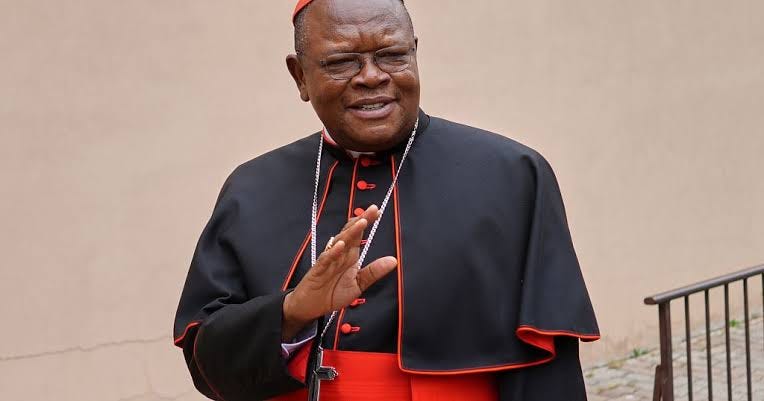‘Saving African lives’ - Cardinal Ambongo on USAID
"Gratitude is such a powerful aspect of international politics."
Cardinal Fridolin Ambongo is not afraid to call it like he sees it.
Since Pope Francis elevated him to the College of Cardinals in 2019, Ambongo has gained a reputation for speaking directly about the needs of the Church, and the needs of his people.
And as president of the Symposium of Episcopal Conferenc…

